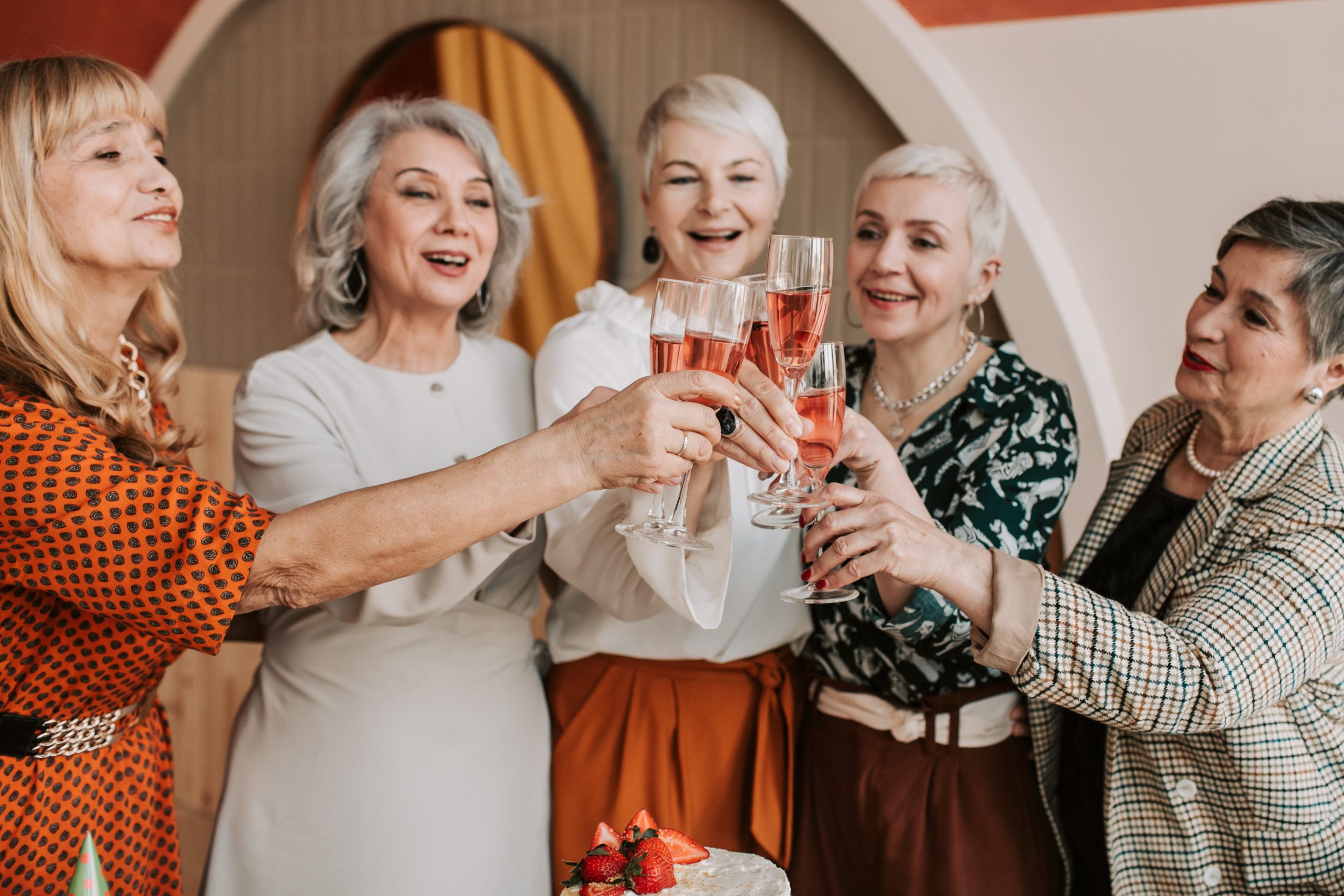Emotional safety in friendships can be defined as a felt sense of being respected and treated compassionately in a relationship. When we feel emotionally safe with another person, we generally feel free to be who we are. Even if conflict arises, there’s a sense of confidence that you can come together to resolve the issue. With that, emotional safety inherently includes healthy boundaries and a sense of secure attachment.
Signs of Emotional Safety in a Friendship
Emotional safety tends to be implicitly felt rather than explicitly stated. You may not know exactly why you feel safe, but you have this strong sense that you can trust this other person. However, if you break it down, emotional safety comes down to the presence of several traits that include:
- compassion for one another’s emotions
- freedom to make mistakes and course-correct appropriately
- comfort with setting boundaries
- proven reliability (i.e. showing up on time or being there when the other person needs it)
- inherent trust in one another’s honesty
- implied physical safety
- congruent actions (i.e. body language matches words)
- feeling like you’re allowed to be your true self
Emotional safety exists on a spectrum. But it’s the stuff of rewarding and fulfilling friendships. When it’s missing, it’s much easier to feel resentful, misunderstood, or disconnected in your dynamic.
How to Build Emotional Safety With Your Friends
Some people are fortunate enough to mesh well in the beginning. The foundation feels secure, and both people equally come together to foster a warm and trusting relationship.
But in most cases, emotional safety doesn’t happen overnight. Instead, when you make a new friend, a healthy relationship is built over time. Both friends need to consistently give each other the benefit of the doubt and prioritize a sense of security and love.
Here are some strategies that can help you prioritize building safety in your relationship:
Demonstrate and Practice Active Listening
Of all the skills you can implement with another person, active listening is one of the most important. When you truly give someone your time and attention, you are mindful and present, and you convey that they matter to you. You demonstrate, through both your verbal and nonverbal communication, the desire to understand their needs and feelings. This is the best way to model safety.
Exude Reliability
Reliability means being dependable and positively consistent in your relationships. Strive to be congruent with both your words and actions. Aim to be on time and show up to the events that matter. You create emotional safety when you show that you are predictable and can be relied upon.
Hold Yourself Accountable
People in an emotionally-safe relationship can acknowledge their own faults and shortcomings. You create safety when you can readily demonstrate your humanness. With that, don’t disregard the power of apologizing when you make a mistake or hurt your friend. Even if it wasn’t your intention, impact matters, and people tend to feel safe when they know the other person has their back.
Strive to Respect Boundaries
Many people struggle to set appropriate limits for themselves. But emotional safety means respecting one another’s inherent boundaries. You can’t have a healthy and happy relationship if you’re overstepping or misattuning to one another’s needs. So, if you know your friend asks you not to do something (or you sense that they need a different type of support), try to accommodate that request.
Prioritize Their Well-Being
A loving relationship entails tenderly caring for the other person’s emotions. If you know your friend is going through a hard time, it’s especially important to keep this in mind. Words matter, and checking in periodically demonstrates your desire to provide a safe space for your friend. Even if they don’t respond or feel comfortable opening up, kindness can go a long way in conveying empathy and love.
Nurture Your Friendship Consistently
Many people live fast-paced lives, and it’s fairly typical for friendships to wax and wane. But try not to disregard the power of your relationships- they are one of the most important aspects of your entire life. With that, there are fewer things more crucial than feeling emotionally safe with another person. Prioritize your loved ones by making time and space for them. If you feel you can’t do that, it may be time to reevaluate and reflect on your values in life.
Therapy for Prioritizing Emotional Security and Safety in Relationships
All human beings benefit from having emotional safety with others. Unfortunately, the capacity to receive or provide emotional safety can be stunted throughout the lifetime. Mental health issues, trauma, abusive relationships, and low self-esteem can make it difficult to feel secure around others. You may not feel comfortable sharing (or receiving) love from others.
Therapy can help address some of these tender issues and create a path where you can learn to build trust and connection in your life. It may take time to cultivate this sense of safety, but it’s worth the vulnerability and the work.
I am here to provide you with a safe environment where you can explore your feelings and what emotional safety really means to you. I welcome you to contact me today to schedule an initial consultation.

